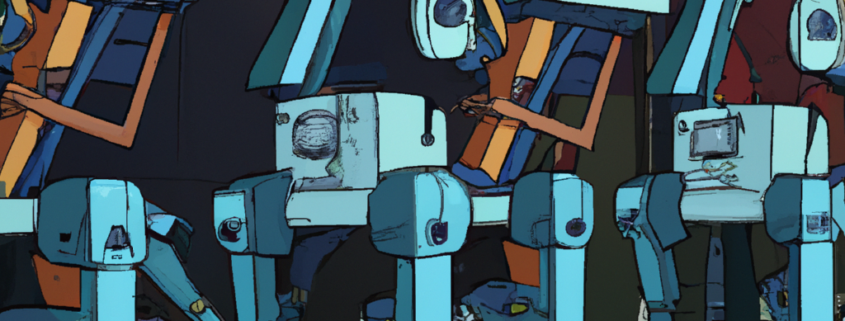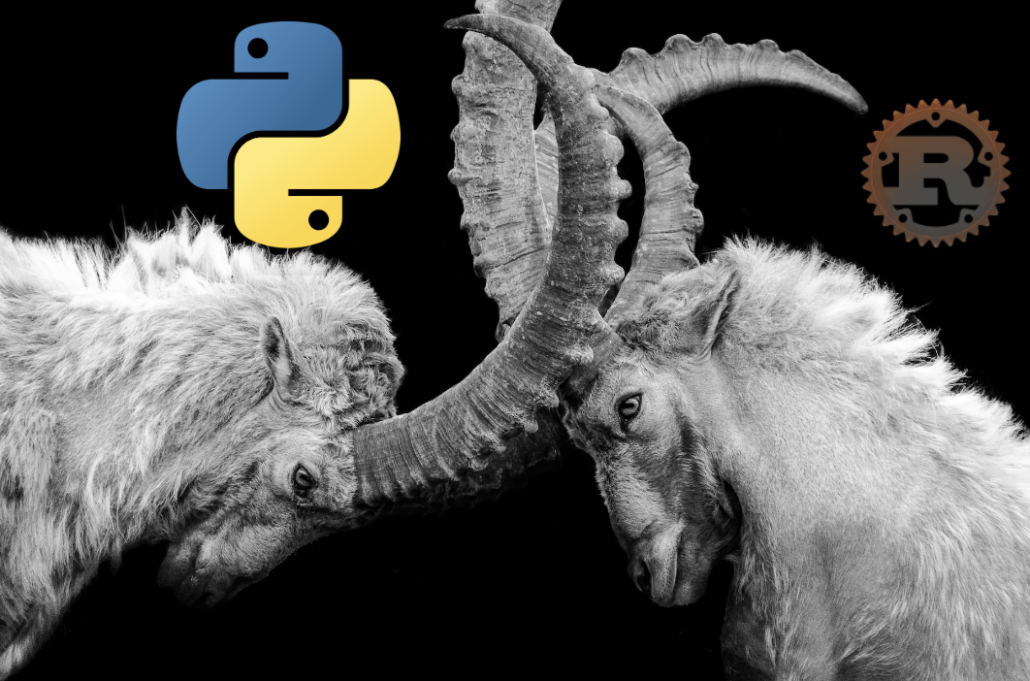
One thing all Data Engineers are doomed to do in purgatory will be to solve different date and datetime problems in an endless loop. I’m sure of it. I can’t imagine anything worse, so that must be it. Either way the constant need to manipulate dates and datetimes are just a way of life, something that never ends and never changes. Also, it appears Polars is here to stay from what I can tell. Not a fad like that Data Mesh. Since Polars is here to stay, (I’ve already got it running in production at my company, (don’t mind if I bow)), we should probably take a gander at how to manipulate date and datetime objects from both the Dataframe and (if I have time) SQL perspective. See if we can find anything to complain about. I like to complain.











